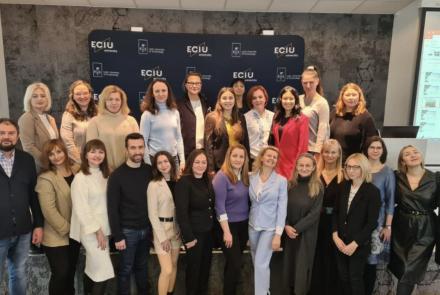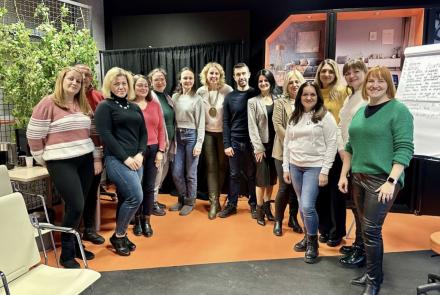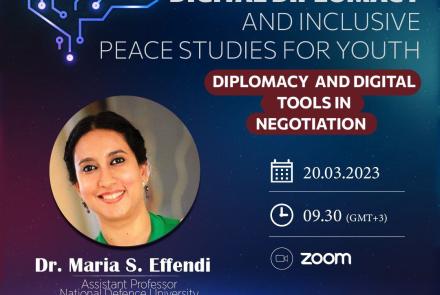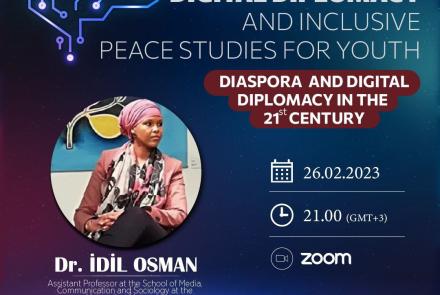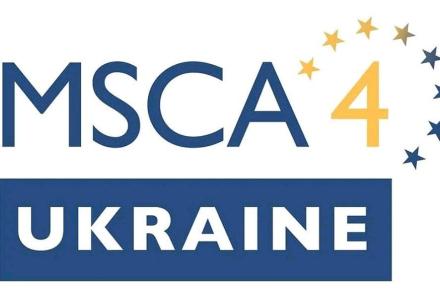Students and lecturers of LNTU take part in the lecture “Diplomacy and Digital Tools in Negotiations” within Erasmus+ program
As part of the Erasmus+ project KA220 “Digital Diplomacy and Inclusive Peace Studies Platform for Youth”, the third lecture on “Diplomacy and Digital Tools in Negotiation” from the series of trainings for diplomats “Diplomacy Ambassadors Trainings” was held today (March 20).
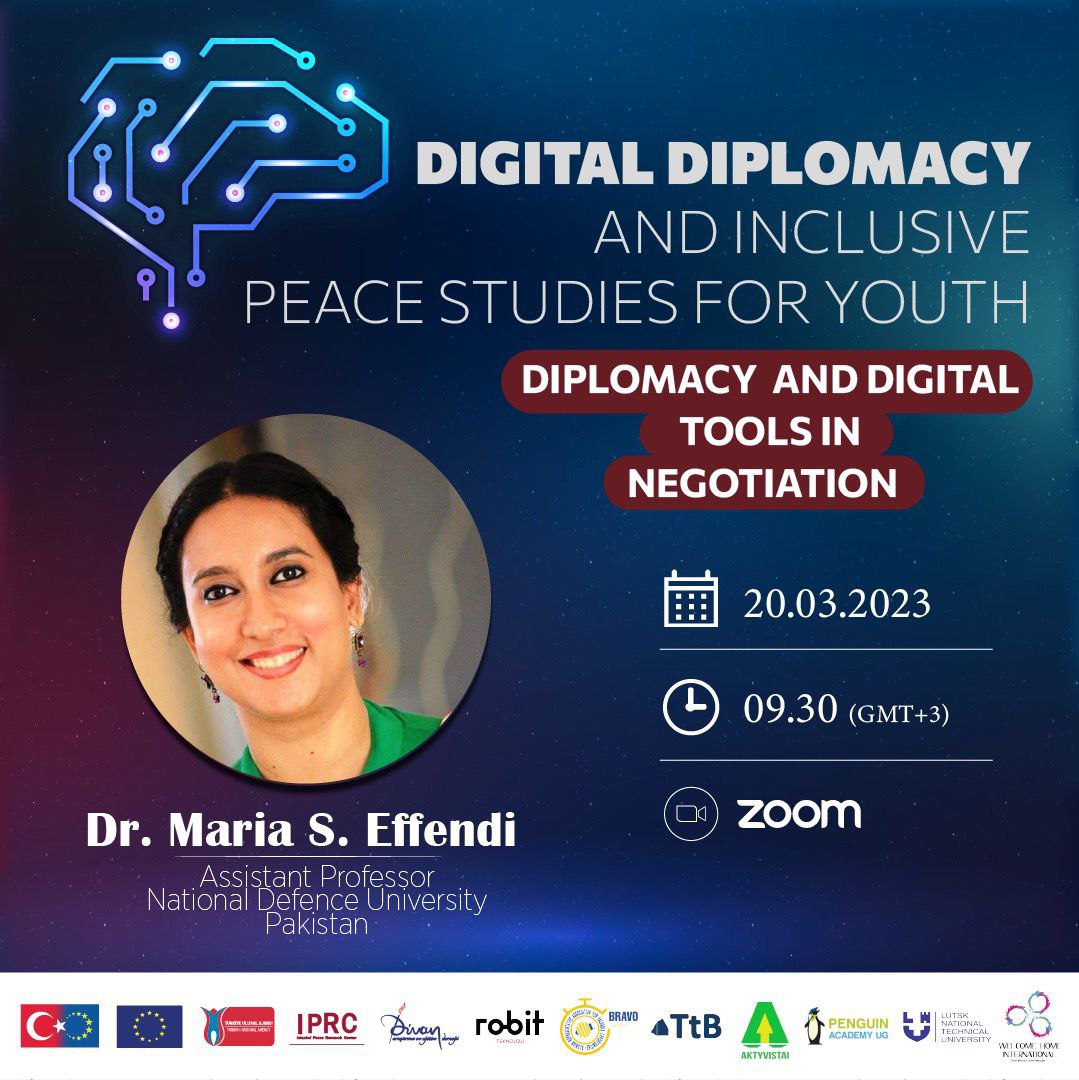
The lecturer, Dr. Maria S. Effendi, is an associate professor at the National Defense University of Pakistan. Author of the book “Understanding Ripeness in Kashmir: Insights from and Limitations of the MHS Model”.
Dr. Maria Effendi revealed the concepts of diplomacy and digital diplomacy.
The lecturer noted the types of digital diplomacy that are used in the practice of negotiating: cyber diplomacy, Internet diplomacy, network diplomacy, virtual diplomacy, distance diplomacy, electronic diplomacy. Dr. Maria also emphasized that the use of social networks by state bodies and transnational corporations is aimed at interacting with a foreign audience and promoting the country's foreign policy goals; First of all, strengthen your strength and form a positive image; cover international negotiations; influence decision-making at the international level.
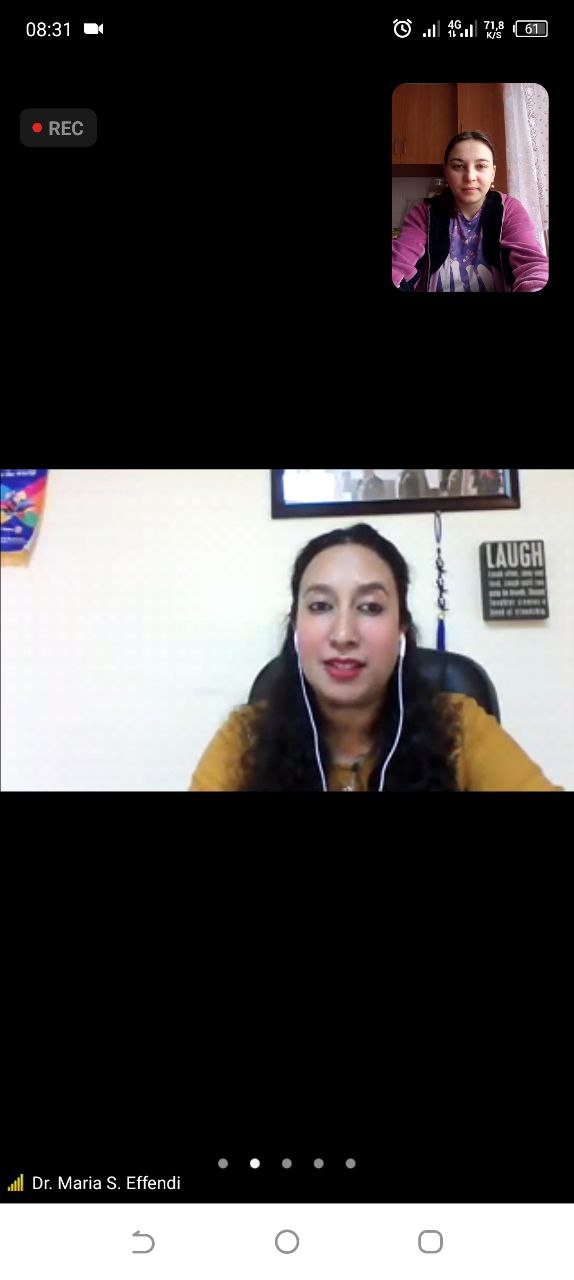
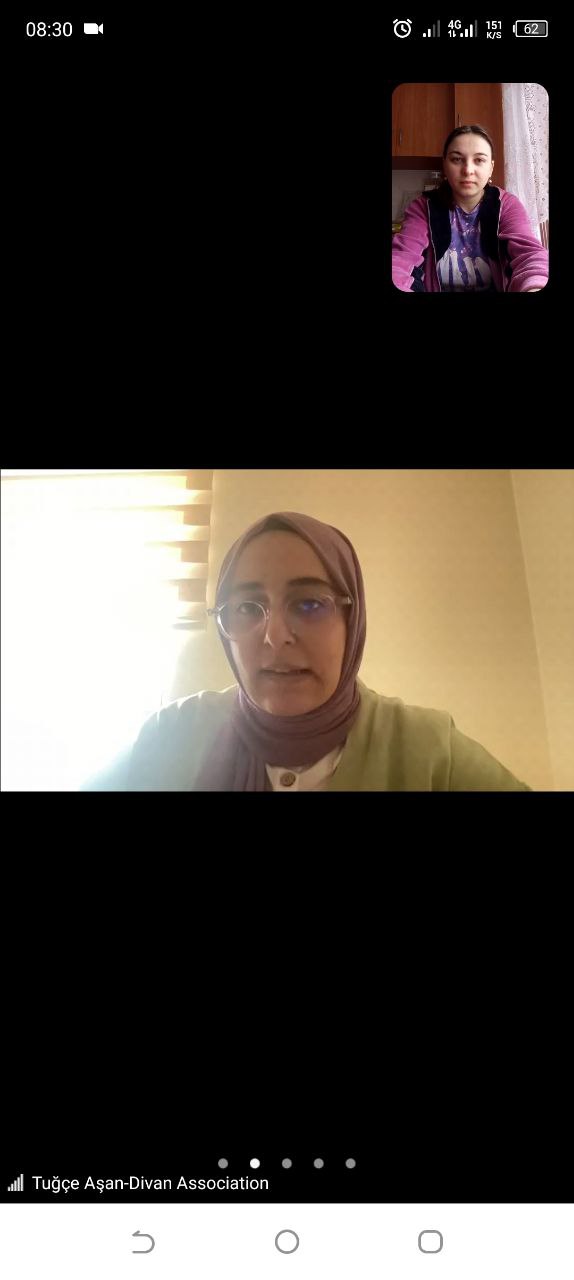
The participants of the lecture had the opportunity to learn more about the concept of “negotiation” and strategies that make negotiations successful:
1. Avoidance (the goal is not achieved - the relationship is spoiled);
2. Competition (goal achieved - relationship damaged);
3. Compromise (goal achieved - relationship preserved);
4. Cooperation (both the goal and the relationship are successfully preserved);
5. Concession (win-win).
The presentation of the gradation of alternative agreements from the worst (WATNA) to the most successful (BATNA) was very informative.
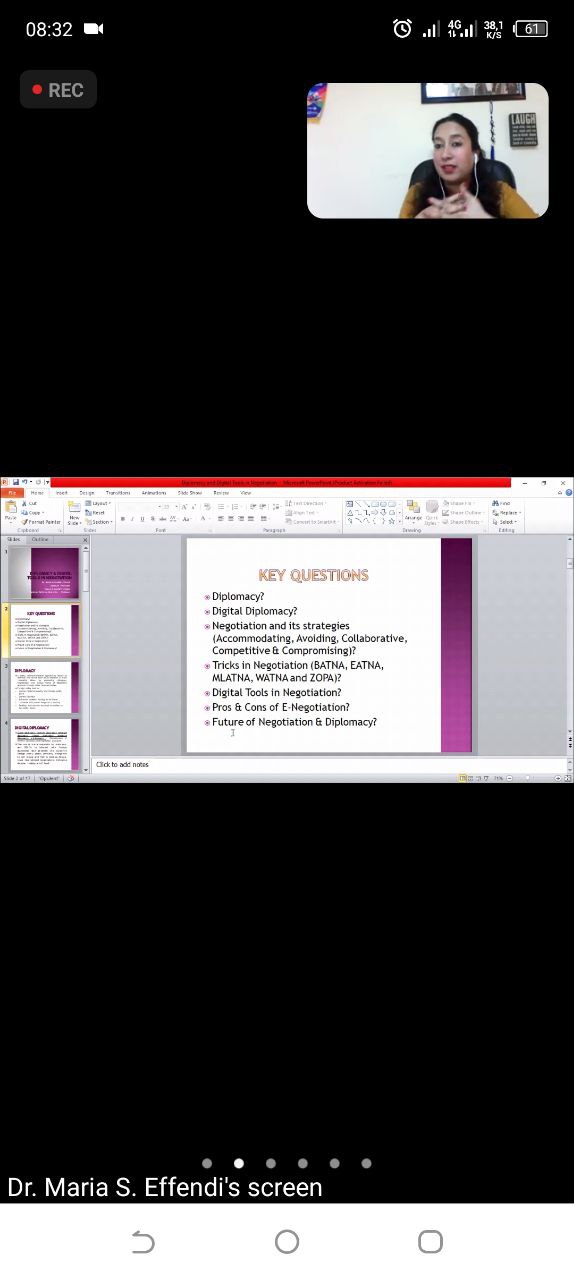
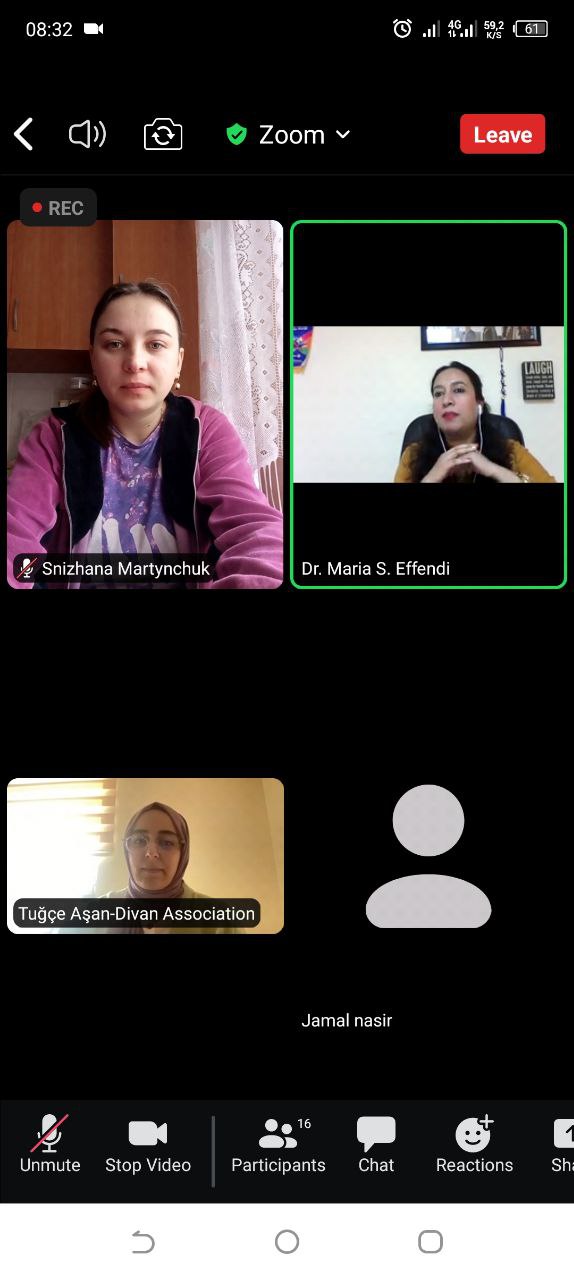
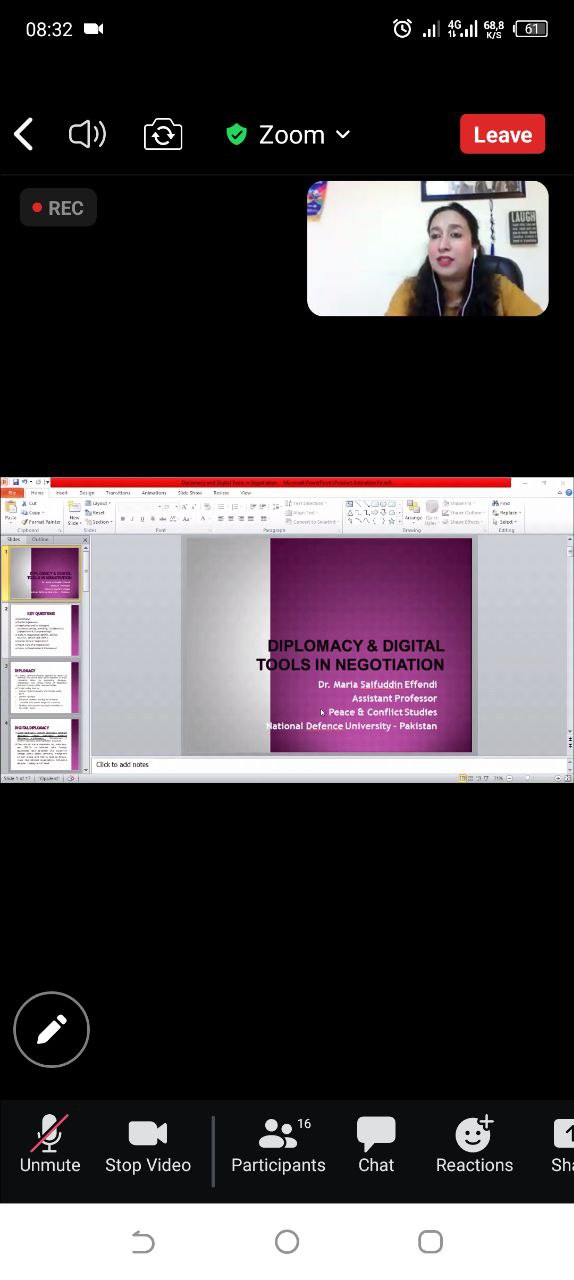
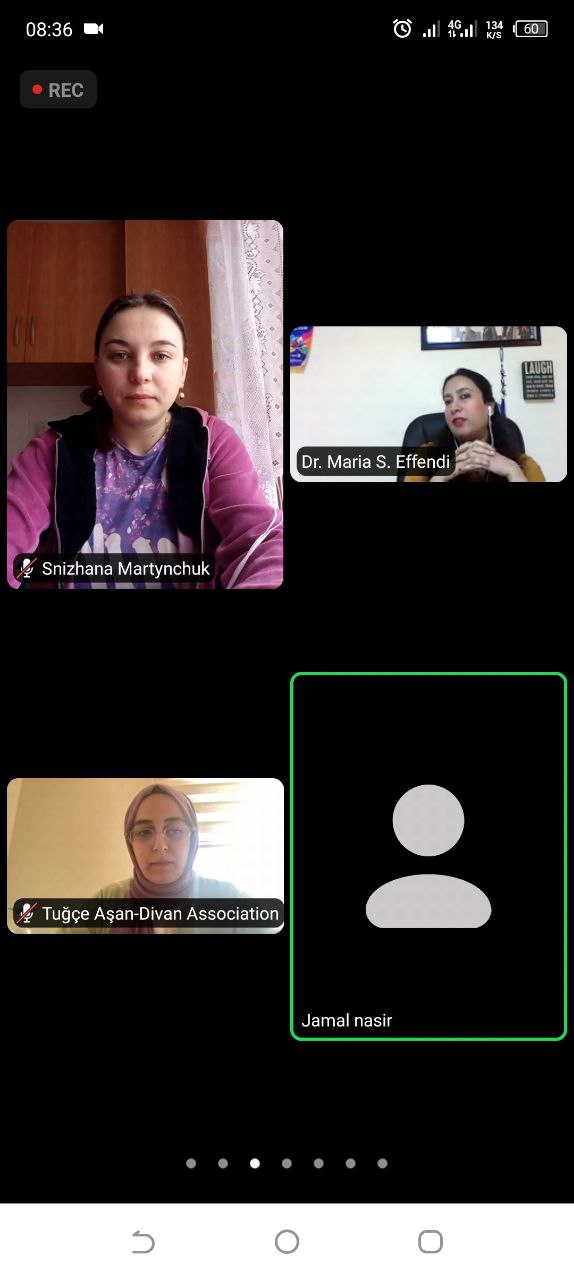
Professor Maria Effendi also spoke about digital tools for bilateral/multilateral negotiations:
1. Video conferencing;
2. Technologies for joint remote work (work through text);
3. Using Big Data to develop a position and strategy for negotiations;
4. Social networks for influencing public opinion at the national/international level.
Finally, we discussed the advantages and disadvantages of e-negotiations.
Advantages:
1. Fast, cost-effective, fewer resources are involved, easy to manage due to information/data collection technologies;
2. Better coordination/optimization through digital tools;
3. Remote collaboration via text messages increases the transparency of the negotiation process;
3. The number of negotiators can be higher due to the absence of travel costs.
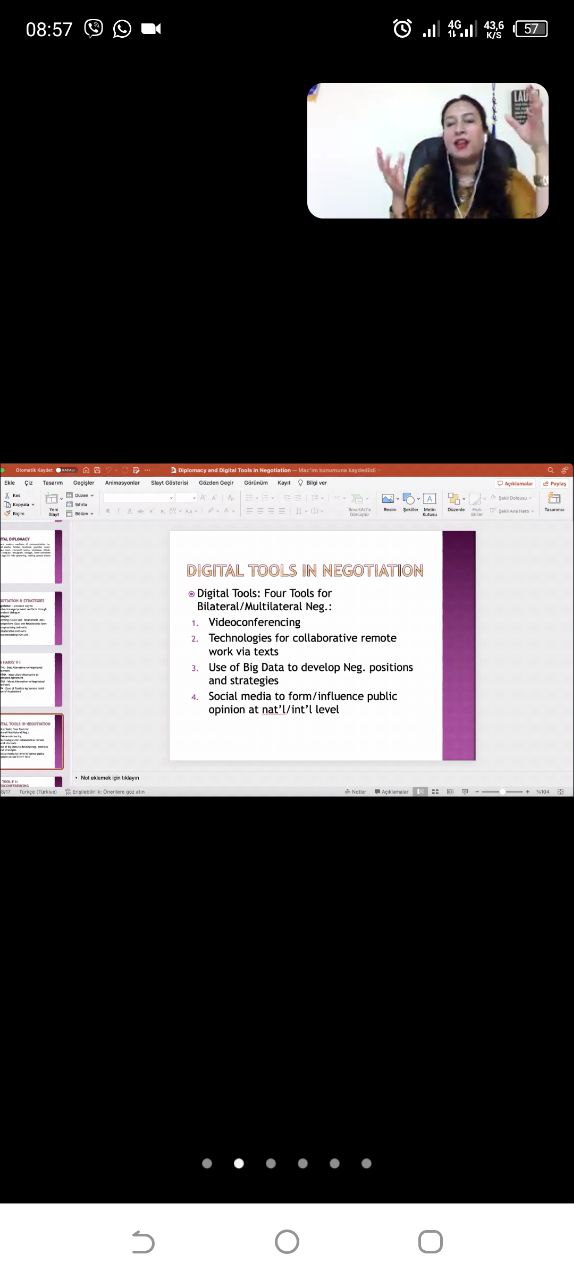
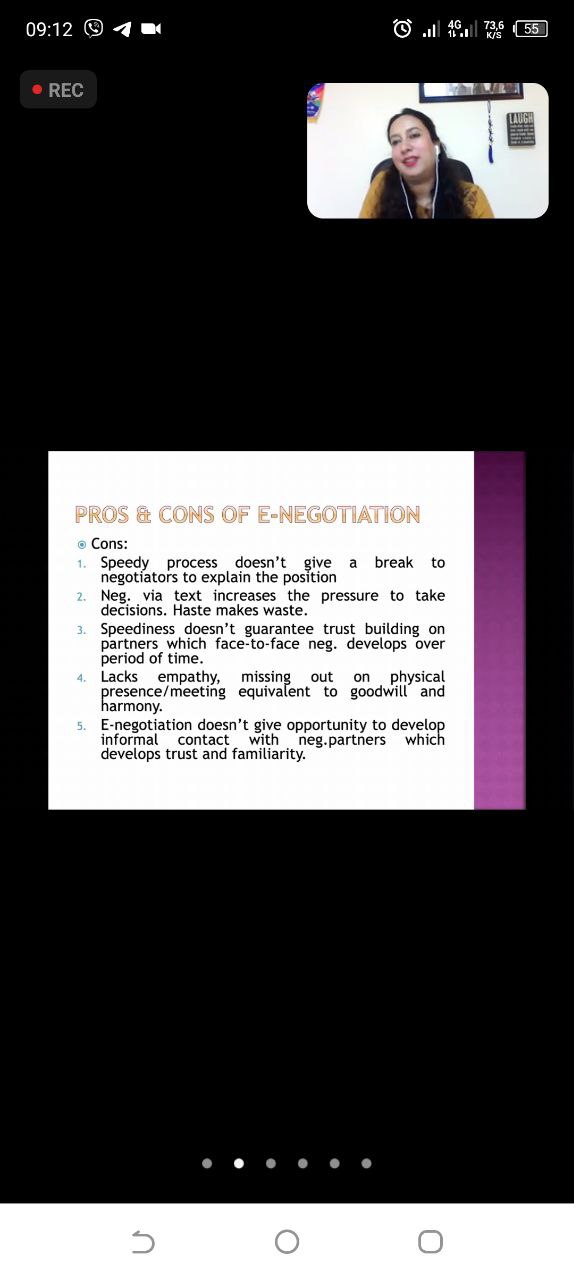
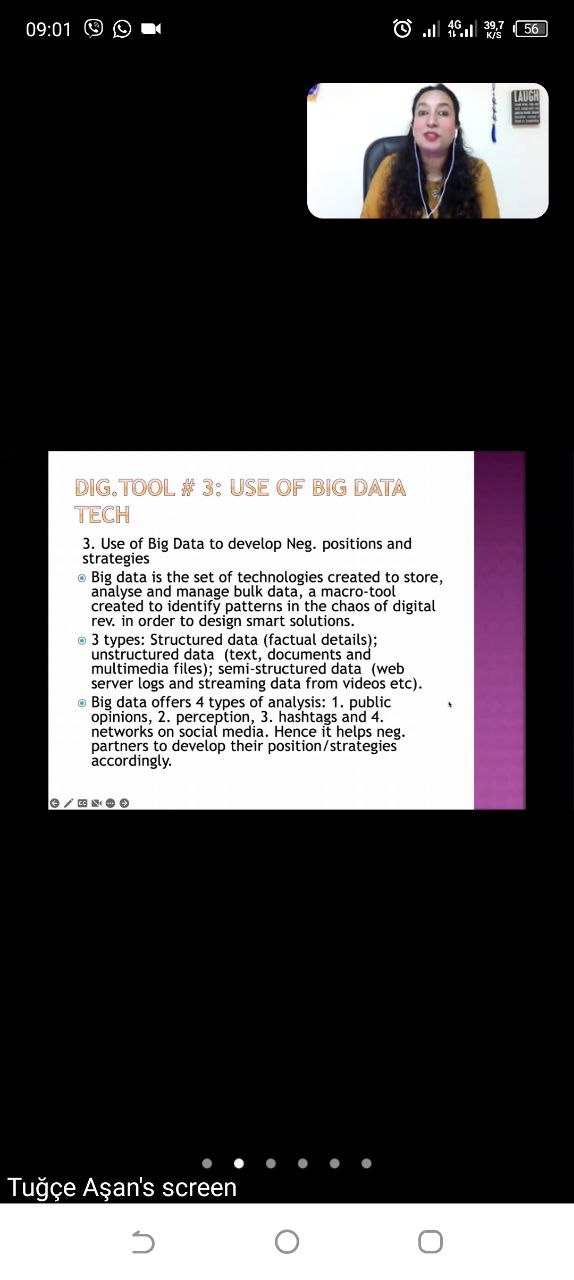
Disadvantages:
1. The rapid negotiation process does not allow participants to explain their position;
2. Text-based negotiations increase the pressure to make a decision;
3. Speed does not guarantee building trust between face-to-face partners, as trust takes time to develop;
4. Lack of empathy, losing the physical presence/meeting equivalent to goodwill and harmony;
5. Electronic negotiations do not allow for the development of informal contacts with partners that build trust;
6. Lack of non-verbal communication: tone of voice, gaze, facial expressions, gestures;
7. Losing psychological games during negotiations can cause more frustration and lead to a deadlock;
8. Electronic security is compromised: information leaks, cyberattacks on digital data, hacker attacks can disrupt negotiations.
Professor Maria Effendi expressed the opinion that despite a number of shortcomings, digital diplomacy will improve and exist side by side with physical diplomacy.

